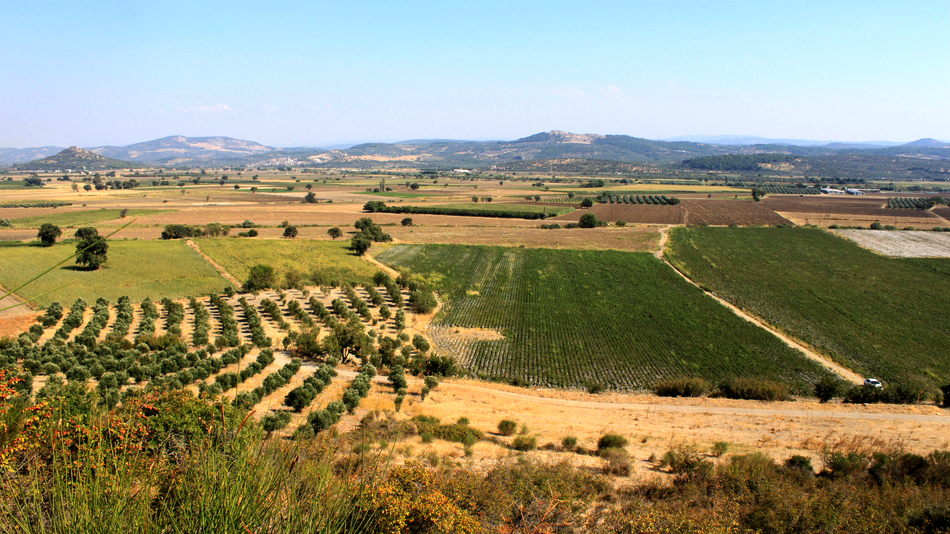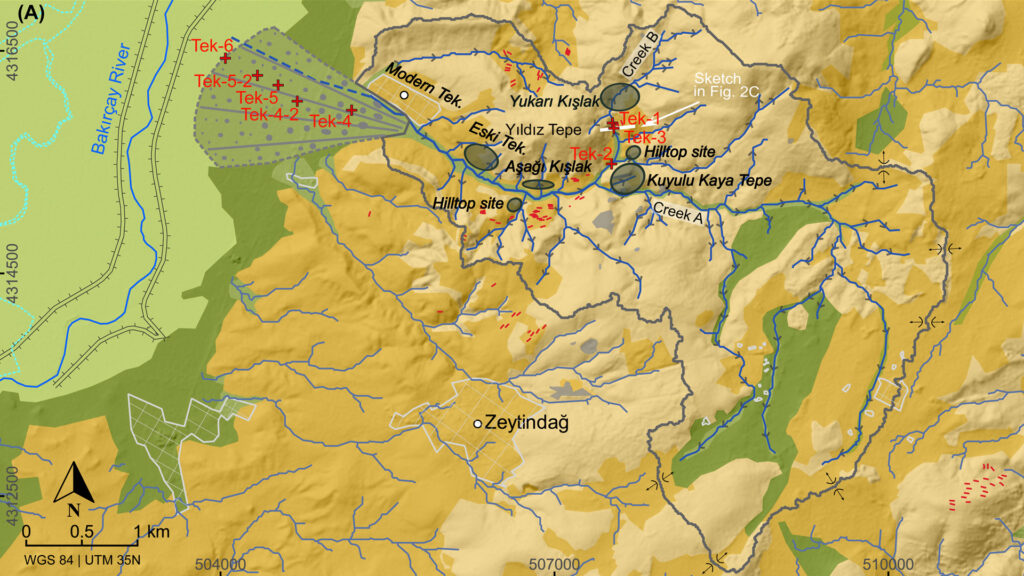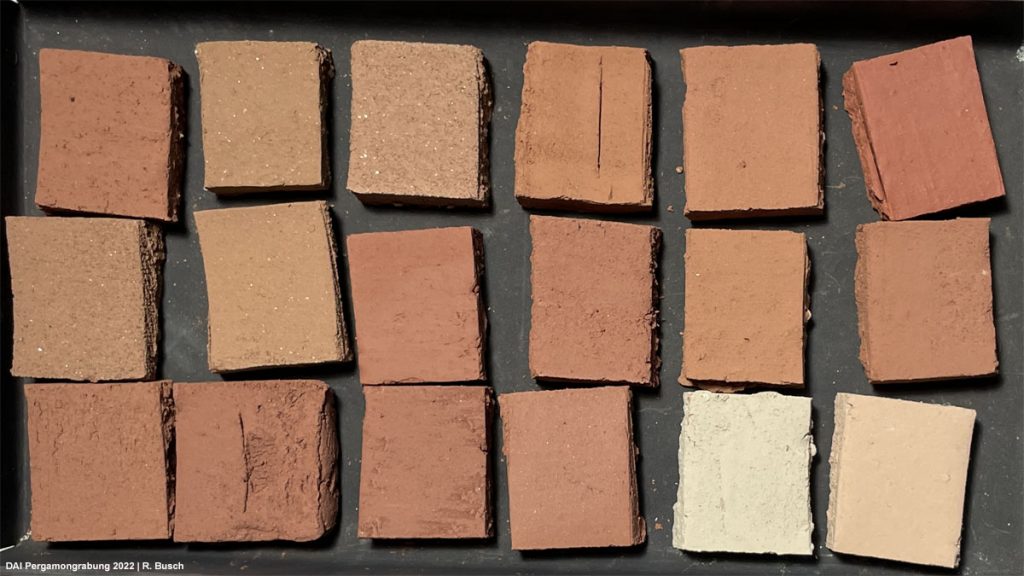The 2nd Milestone Workshop of the TransPergMicro project, held on January 10-11, 2025 at the Orient-Institut in Istanbul, brought together an interdisciplinary range of scholars to explore the concept of social metabolism in historical contexts. The event was intended as a further ‘milestone’ in advancing our understanding of material and energy flows between societies and their environment, with a particular emphasis on the project’s research focus, i.e., the Pergamon Micro-Region between the Hellenistic and Roman Imperial periods.
A Broad and Multidisciplinary Approach
Participants from archaeology, physical, social and economic geography, historical building research, philology, history, and paleoanthropology, discussed various aspects of social metabolism. Key topics included agroecosystems, urban and rural dynamics, building and waste management, and the socio-ecological footprint of ancient economies. The interdisciplinary scope was intended to stimulate new collaborations and refine the conceptual application of social metabolism in historical research.
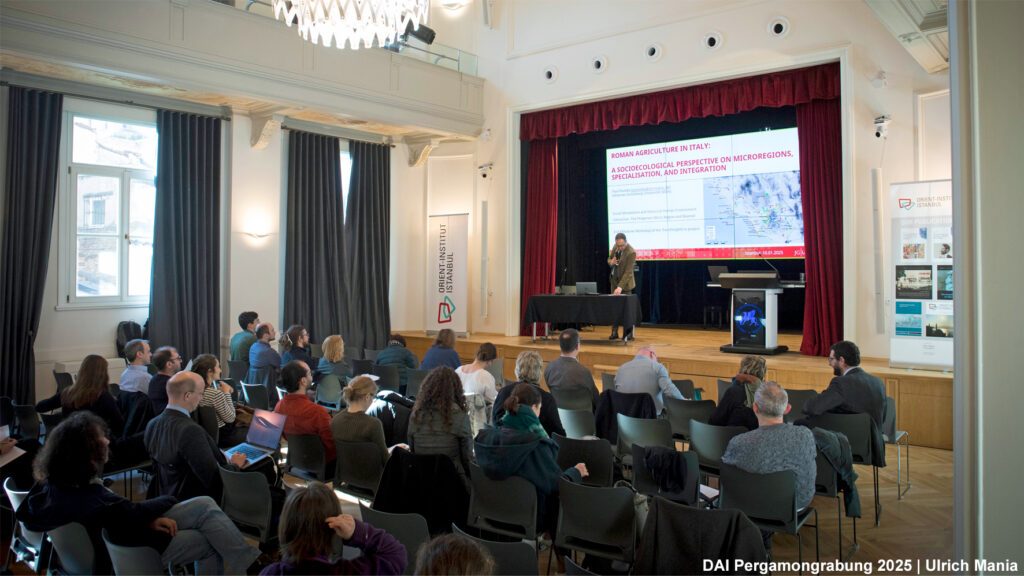
The Workshop
The workshop opened with a lecture by Manuel González de Molina, who discussed the dynamics of historical agroecosystems and drivers of intensification under organic metabolic regimes. Subsequent presentations addressed the socio-spatial dynamics of the rural-urban interface and introduced the concept of “fluvio-social metabolism” as a bridge for interdisciplinary investigations.
The second session shifted the focus to the ancient Mediterranean, addressing the socio-ecological aspects of Roman agriculture, including the interplay of micro-regions, specialization, and integration. Another presentation analyzed cities as socio-ecological systems in the Roman world, followed by discussions of urban ecological systems and the material flows that supported monumental construction projects as well as of ecological conceptualizations of the human body in the writings of Galen of Pergamon (2nd c. CE). The session concluded with an application of social network analysis to Roman provincial coinage, linking local and regional economic interactions in the eastern Mediterranean.
Focus on the Pergamon Micro-Region
The sessions dedicated to the Pergamon Micro-Region emphasized the integration of environmental perspectives into the study of social metabolism, highlighting the interconnectedness of natural resources and societal development. One presentation explored the role of humans and animals as agents of social metabolism in ancient Pergamon, providing insights into their impact on ecological systems. Another presentation focused on rural landscapes, addressing the challenges and opportunities of analyzing their role within the broader framework of social metabolism.
Discussions also explored construction activities in Pergamon, comparing different socio-metabolic regimes and their implications for resource use. Waste management was another focus, with an analysis of rubbish heaps shedding light on the organization and efficiency of the urban organism. Finally, the modeling of Pergamon’s energy and material flows offered a comprehensive review of past research while outlining prospects for future studies.
The workshop also featured a special session on archaeoseismology, which explored the role of tectonic activity and seismic events in shaping the Pergamon Micro-Region and prepared further cooperation with the TransPergMicro project.
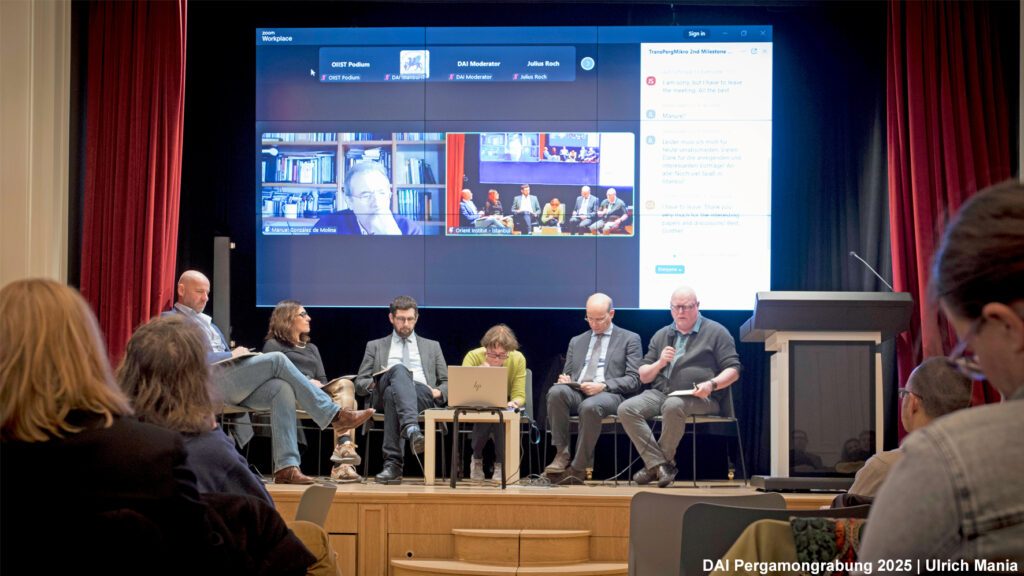
Bridging Past and Present
The workshop concluded with a roundtable discussion on “Social Metabolism as a Bridge Between Ancient Studies and Contemporary Challenges”. Experts discussed how insights from historical social metabolism can inform our understanding of contemporary resource use and environmental sustainability. This exchange emphasized again the potential of the concept “social metabolism” for history and archaeology as well as of interdisciplinary research to address current global issues while deepening our knowledge of the past.
Looking Ahead
As the TransPergMicro project moves into its third phase, the workshop results will shape our future research directions. Plans to publish these results aim to widely disseminate new methods and insights and to foster dialogue across disciplines.
This workshop exemplified the potential of interdisciplinary collaboration and underscored the relevance of historical studies in addressing timeless questions about human-environment interactions, resource management, and societal resilience.
Workshop Program and Abstracts
Stay tuned for updates on the publication of the workshop proceedings and the ongoing work of the TransPergMicro project!

